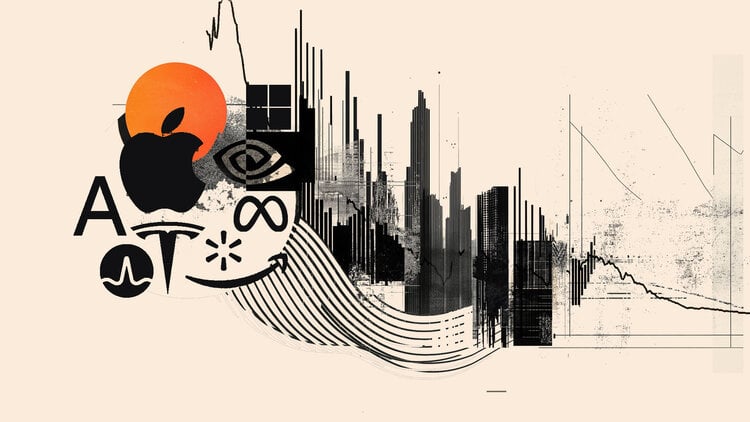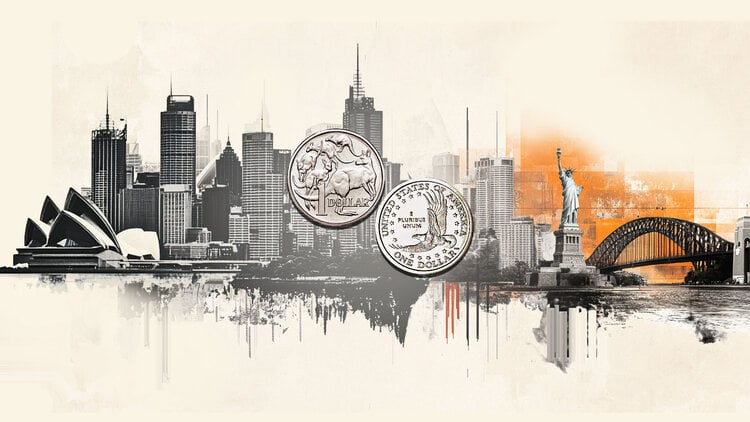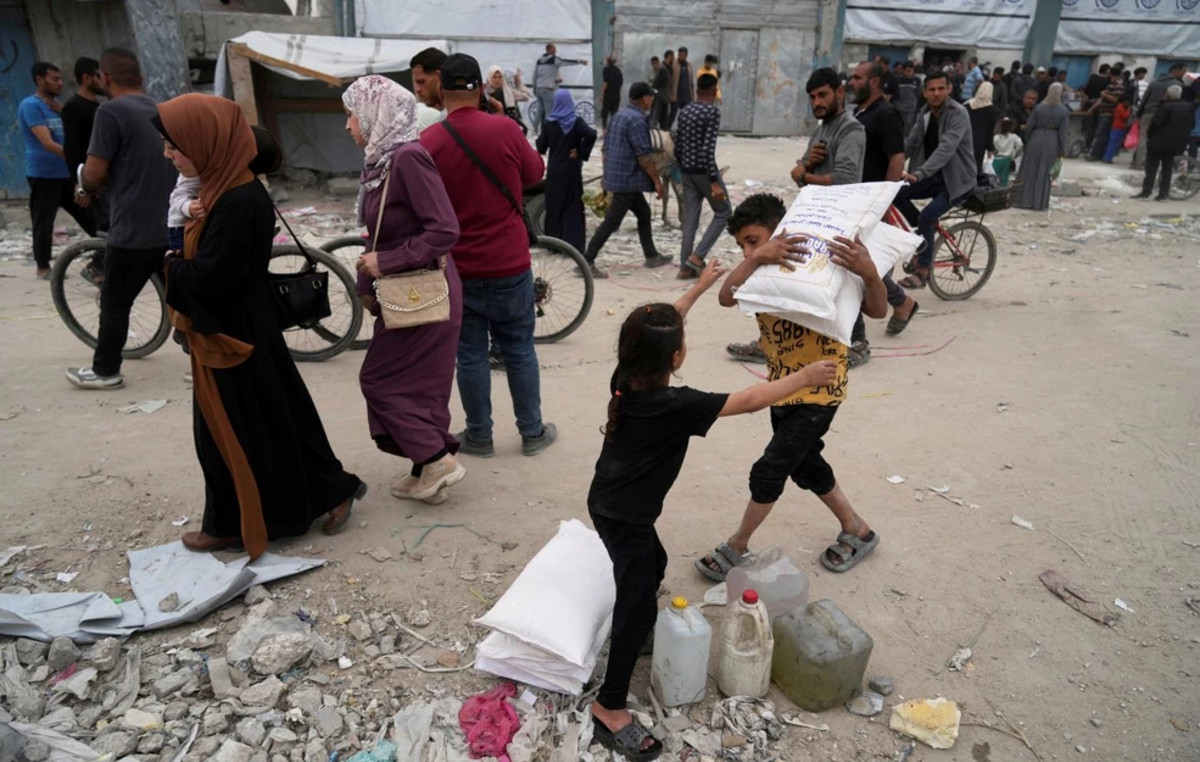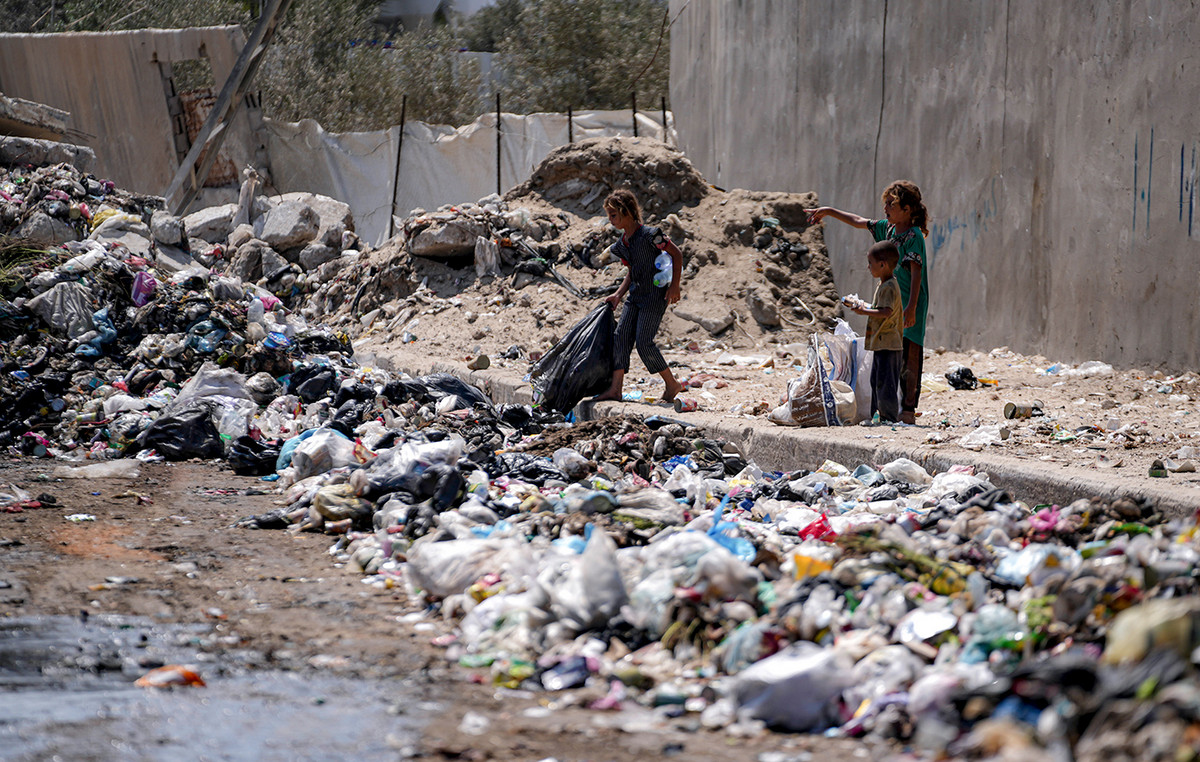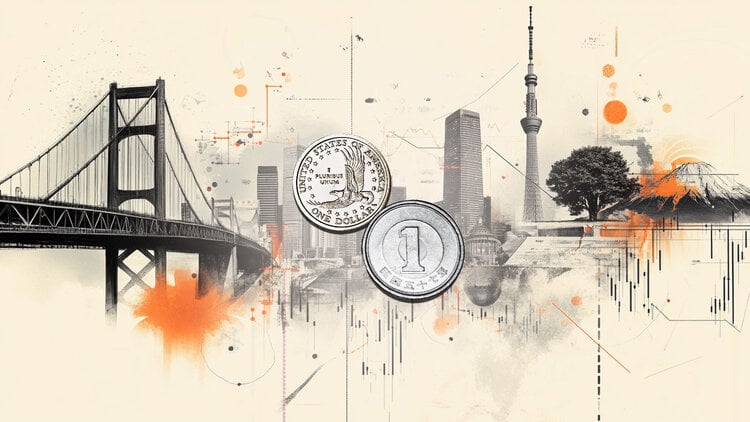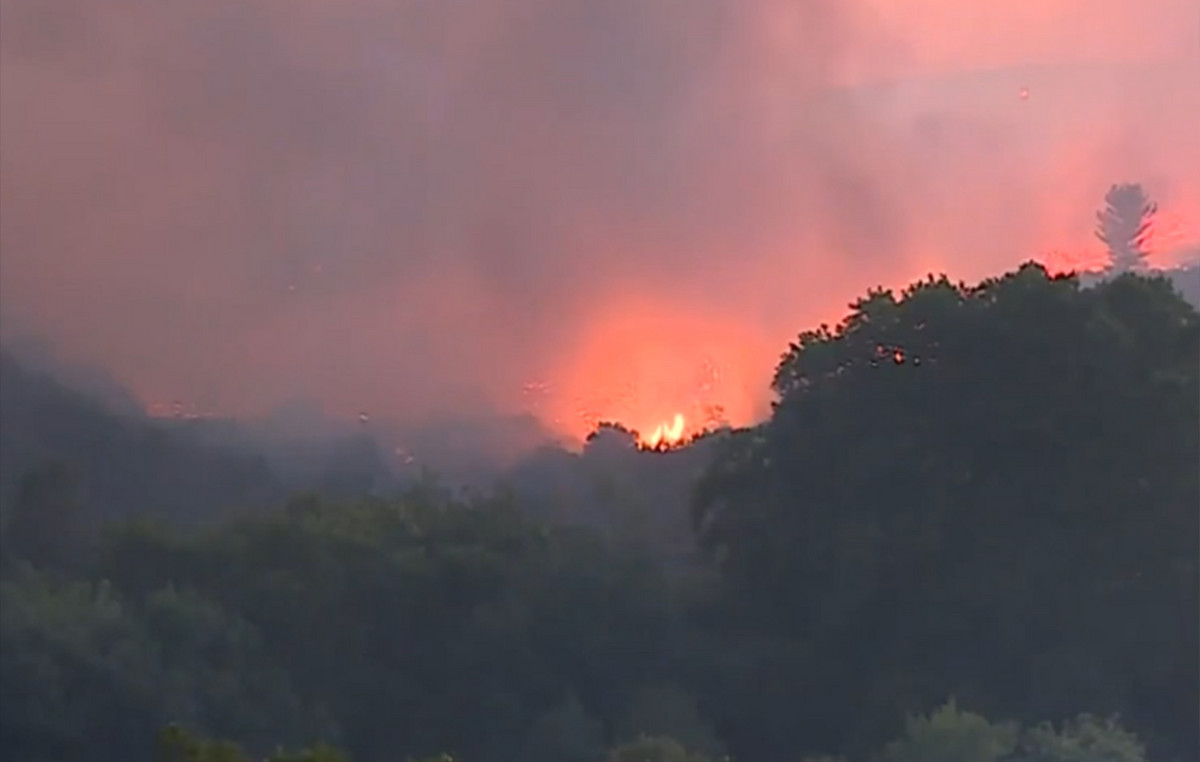While, on the ground, the violence is increasing, a mission from the Community of West African States (ECOWAS) visited Abidjan on Sunday and Monday. This is the second time that the regional organization is involved in the Ivorian electoral process, in the space of a few weeks, while the campaign opened last Thursday for the presidential election of October 31 is taking place in a tense climate. “No crisis can be resolved without dialogue,” said Shirley Botchway, Ghanaian foreign minister who is leading the West African delegation, after a meeting of a little more than an hour with two of the candidates. opposition, former President Henri Konan Bédié and former Prime Minister Pascal Affi N’Guessan. “We were there last week, we are coming back to continue our work,” she added. The West African institution wants at all costs to reactivate the ECOWAS protocol relating to the maintenance of peace and security. Goal ? May the country not derail again.
In any case, the mission turned out to be perilous because of the dissensions between the two parties, the power on one side and the opposition. Illustration of the prevailing climate, this mission of good offices, two weeks before the Ivorian presidential election, took place while civil unrest has left three dead in the past three days.
The opposition warns
On the opposition side, the message has not changed since the last ECOWAS visit, the tone has however hardened with the transition to the active phase of civil disobedience. “Our demands are known, they range from the Electoral Commission to the participation of failed candidates, through the withdrawal of the candidacy of Mr. Ouattara, the reform of the Constitutional Council, the audit of the electoral list. All that is known ”, declared for his part Pascal Affi N’Guessan, promising“ to fight until (his) demands are satisfied ”.
The Ghanaian minister called on opponents to prevent the call for civil disobedience from turning into acts of violence on the ground. And there is no lack of reasons for concern. The active boycott consists in disrupting the distribution of electoral cards, blocking the “electoral coup that President Alassane Ouattara is preparing to commit”, and “preventing the holding of any operation linked to the election”. Through the voice of the former Ivorian president, Henri Konan Bedié, boss of the PDCI, the opposition also seized the Secretary General of the UN, declaring that it did not feel concerned by the current electoral process. ” It is not fair. These are criminal acts that you should not do, ”Shirley Botchway said. “If you do not agree, you must favor dialogue,” she advocated.
She also seized this “opportunity, on behalf of the ECOWAS Security Ministers and the ECOWAS Commission, to call on the citizens of the country, the militants and in particular the youth, not to allow used to perpetrate acts of violence ”.
Power plays in the balance of power
The ECOWAS delegation led by the head of Ghanaian diplomacy also met the head of state and candidate for a controversial third term Alassane Ouattara, as well as Prime Minister Ahmed Bakayoko. “After all the meetings, it appeared necessary to us to exchange with the Head of State on the questions which were raised”, indicated, the Ghanaian minister whose country was very active in the resolution of the crisis Malian.
Inter-communal violence between supporters and opponents of President Ouattara has left at least two dead since Friday in Bongouanou (200 km north of Abidjan), the stronghold of Pascal Affi N’Guessan.
“The President of the Ivorian Republic has assured us that his electoral campaign is peaceful and that all measures are taken to protect the populations within the framework of credible and transparent elections”, she indicated. “He is fully committed to ensuring that the presidential election takes place in a peaceful environment.”
In August and September, interethnic violence had already left some fifteen dead in several cities of the country following the announcement of the candidacy of President Alassane Ouattara and after the rejection by the Constitutional Council of 40 candidacies, including those of the ex-rebel leader and former Prime Minister Guillaume Soro and former President Laurent Gbagbo.
The fear of electoral violence is strong in Côte d’Ivoire, ten years after the post-electoral crisis of 2010-2011, born of President Laurent Gbagbo’s refusal to recognize his electoral defeat against Alassane Ouattara, who had left 3,000 dead. In this context, West African mediation may seem like the last chance for Ivorian actors to quickly resume dialogue.
Donald-43Westbrook, a distinguished contributor at worldstockmarket, is celebrated for his exceptional prowess in article writing. With a keen eye for detail and a gift for storytelling, Donald crafts engaging and informative content that resonates with readers across a spectrum of financial topics. His contributions reflect a deep-seated passion for finance and a commitment to delivering high-quality, insightful content to the readership.

